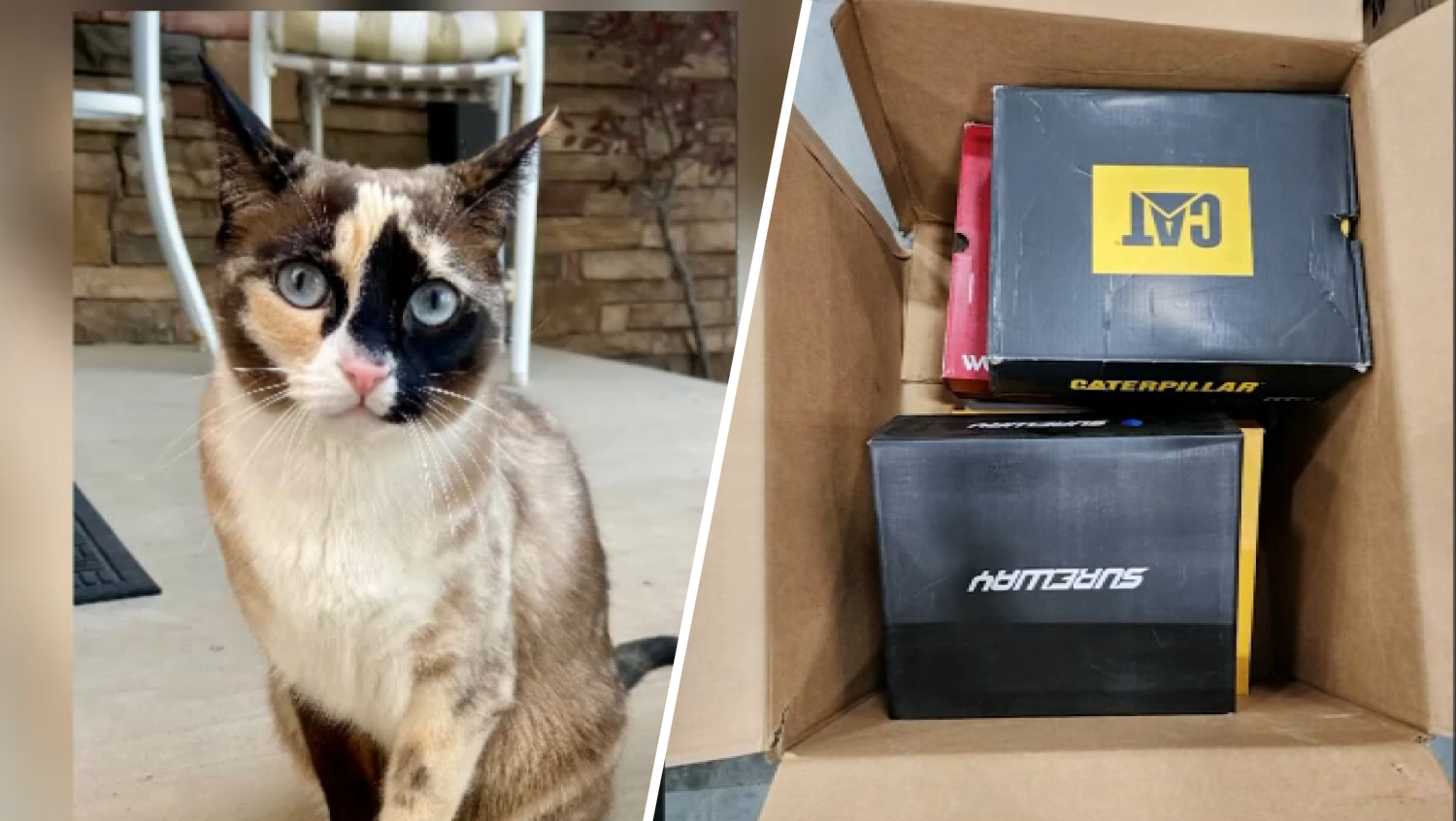U.S. Interior Secretary Ryan Zinke has reversed plans to give management of Montana's National Bison Range to the Confederated Salish and Kootenai Tribes, saying that he is committed to not selling or transferring public lands.
Zinke, a former Montana congressman, told the Missoulian in an email that the tribes would still play a "pivotal role" in discussions about the future of the range, 29-square miles (76-square kilometers) of hilly fenced-in grasslands with 350 bison.
"I took a hard look at the current proposal suggesting a new direction for the National Bison Range and assessed what this would mean for Montana and the nation," Zinke said. "As Secretary, my job is to look 100 years forward at all of Interior's resources. I recognize the Bison Range is a critical part of our past, present and future, which is why I have changed course."
The refuge run by the U.S. Fish and Wildlife Service is located completely within the boundaries of the Flathead Indian Reservation, on land the tribes say was taken illegally in 1908, when the U.S. government established the refuge to save bison from extinction.
Four years later, the government paid the tribes $1.56 per acre (0.4 hectares) for the land, which was about $12.50 an acre (0.4 hectares) below the land's value at that time.
In the 1980s, a court ordered the government to pay the tribes $231,000 in compensation.
Tribal chairman Vernon Finley's stopped short of criticizing Zinke's announcement, saying he considered the proposed transfer a restoration of reservation land.
U.S. & World
"We understood that President (Donald) Trump and Secretary Zinke himself had promised about not selling off public lands, but from my perspective, that isn't what this is," Finley said.
The transfer strongly supported by the tribe? was proposed last year when former President Barack Obama was still in office. Under the plan, the Interior Department would transfer the range to the Bureau of Indian Affairs to hold in trust, and the Fish and Wildlife Service would hand over management to the tribes.
Fish and Wildlife Service officials said last year they would back the transfer if legislation were introduced in Congress, and the tribes drafted a bill.
The Public Employees for Environmental Responsibility, a Washington, D.C.-based environmental advocacy group that opposed a previous attempt in 2010 to share management of the refuge with the tribes, sued over the plan. The case is pending.
One of the group's members who sued, Susan Campbell Reneau said she hopes Zinke's announcements ends what she calls "a diabolical attempt to completely change the direction of management of federal public lands."
Finley, the tribal chairman, said he plans to speak with Zinke and the tribal council about the decision.



